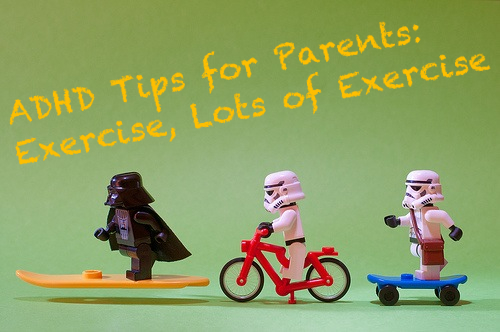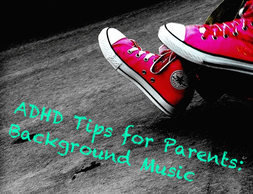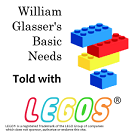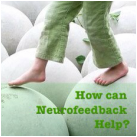Why do people with ADHD get on others nerves? Well there are a few reasons, first and foremost, the ADHD brain usually has an underactive frontal lobe. This means that the area responsible for executive function, planning, focusing, organizing, and decision making, is not active enough. Though, it may seem intuitive to think that ADHD brains are overactive, since we see a lot of hyperactivity, it's nearly always the opposite. The brain is underactive and is constantly trying to find ways to stimulate the frontal lobe through hyperactivity, fidgeting, conflict seeking.
What types of exercise? Any type really that gets the heart rate up. So, running, playing basketball, walking, playing on tag on the play ground, all qualify here. Cardio is not the only type of exercise that is beneficial. Other types of exercise that require a focus on coordination are also beneficial, but perhaps for different reasons. For the person with ADHD, who might be clumsy or uncoordinated, taxing the parts of the brain to focus on body awareness, muscle memory, and movement is important. Ballet, Tae Kwon Do, Ping Pong, and Zumba Dance are all exercises that require the frontal lobe to focus and engage. What is most important is that the exercise somehow engages the frontal lobe and tax the brains ability to coordinate, plan, focus, and make decisions. This is why so many kids and adults with ADHD can focus for hours on video games or television. The factor here is that these activities are first and foremost, interesting to the person. Next they are challenging, engaging and rewarding. Look for activities that provide those same benefits. In a future post, I'll be talking about types of exercise and activities that provide deep pressure, often called "heavy work" and can really benefit the brain with ADHD. Does exercise help you or your child to focus and stay on task? What have you tried? Let me know in the comments section. Up next in the series are more ADHD tips for parents on how background music can help kids with ADHD focus on homework, reading, and chores. Up Next in the ADHD Tips for Parents Series:
|
Nikki Schwartz,
|







 RSS Feed
RSS Feed
